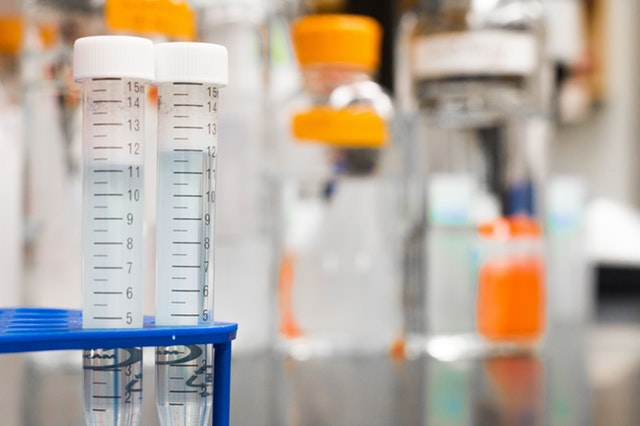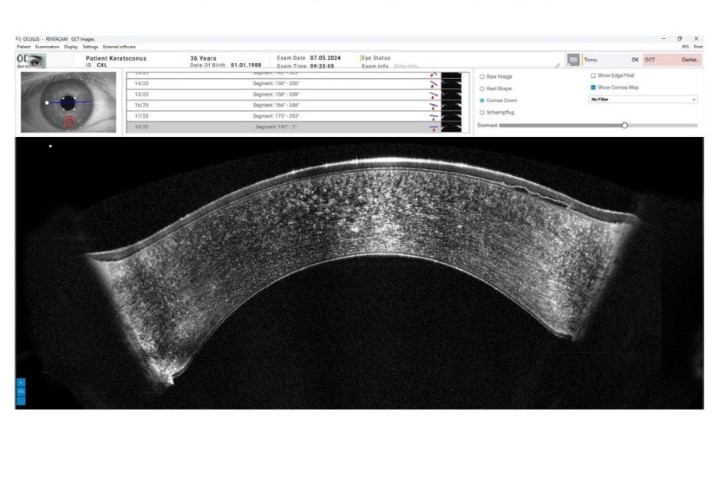Plant chemical to treat ocular blood vessels?
Chemical compounds found in plants could hold the answer to treating an array of blindness-causing ocular disorders, a collaborative study by Indiana University School of Medicine and the University of Surrey in the United Kingdom found.
Scientists from the Indiana University School of Medicine’s eye institute and their British counterparts tested chemical compounds from a family of plants—Hyacinthaceae—and found that certain compounds could have the potential to treat abnormal blood vessel growth within the eye.
This blood vessel growth is linked to several types of blindness, including in premature babies (retinopathy of prematurity), diabetics (proliferative diabetic retinopathy) and older adults (wet age-related macular degeneration).
IU School ophthalmology researchers made the discovery as part of a partnership that has spanned nearly five years. Their full findings recently appeared in the Journal of Natural Products.
Scientist isolated homoisoflavonoid compounds in various Hyacinthaceae plants and created a few synthetic ones, then tested them and determined they could block the blood vessel cell growth that can lead to eye disease. They found one synthetic derivative was very potent and could form the basis of future therapies for these eye diseases. Research in this area continues.


























